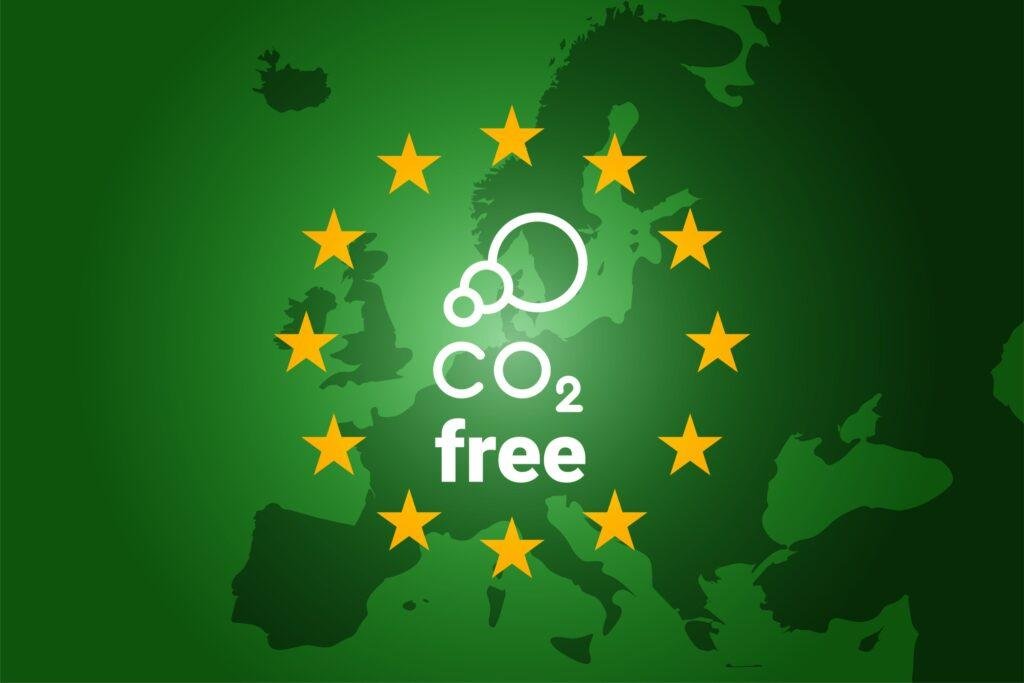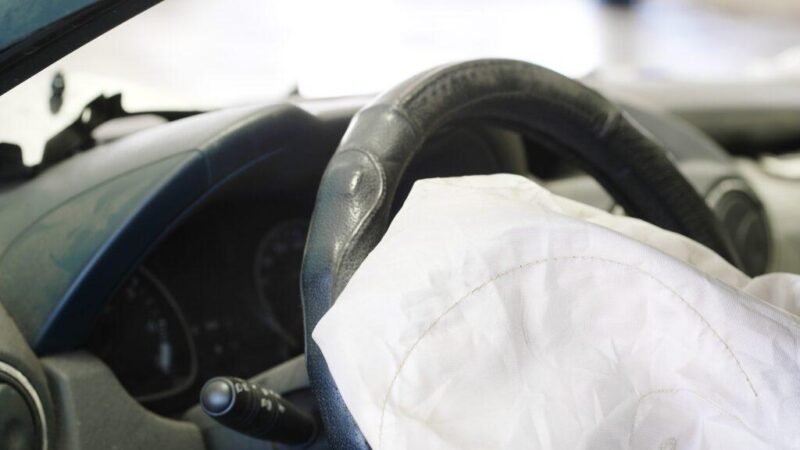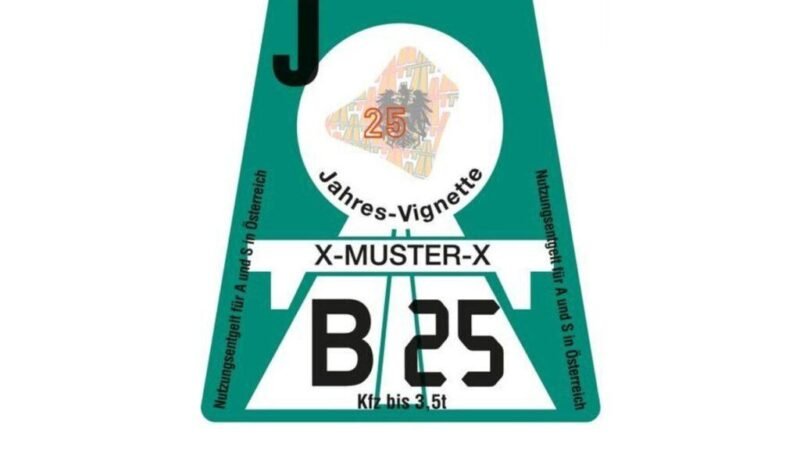Tavares en desacuerdo con retraso de límites de CO2.

ACEA, the association representing the majority of European car manufacturers, has officially requested the EU institutions in recent days to postpone until 2027 the implementation of new CO2 emission limits for fleets that will come into effect in 2025 given the changing market conditions that do not allow us to sell a sufficient number of electric and plug-in hybrid cars to achieve the goal, risking paying very large fines. The European Commission has not yet commented on this, but the response was received shortly after by return mail. Carlos Tavares, CEO of Stellantis (which has not been part of ACEA for several years), stated that the change in rules now would be «Surreal«.
EU REGULATION ON CO2 EMISSION LIMITS FOR CAR MANUFACTURERS
As is known, EU Regulation 2019/631 established, within the framework of the Green Deal, that the total sales of car manufacturers must not exceed the annual average limit of 116 g/km of CO2 (WLTP cycle), under penalty of very severe fines: 95 euros for each gram that exceeds the limit multiplied by each car sold, so one gram for someone selling a million cars becomes a fine of 95 million, two grams of excess cost 190 million, and so on. The 116 g/km, however, is an indicative figure, as several factors must be taken into account in the calculation. From 2020 to today, companies have managed more or less, being able to take advantage of a series of «shortcuts», including purchasing credits from the most virtuous companies. In 2025, however, the threshold will be reduced by 15% (and then another 37.5% from 2030 onwards) going from 116 to 94 g/km of CO2. Therefore, respecting the limits will be much more difficult and probably not even the shortcuts mentioned above will be enough: to do so, all car manufacturers, some to a greater or lesser extent, will necessarily have to increase the sale of electric and plug-in cars and they will have to do so in a context of a contracting market for electrified cars. The only alternative is to sell fewer thermal cars but this would weigh heavily on the company’s balance sheets. If you don’t raise prices to continue guaranteeing good margins…
REQUESTS TO «POSTPONE THE IMPLEMENTATION OF LIMITS BY TWO YEARS»
For this reason, to avoid the blow (estimates speak of fines totaling 15 billion euros) that would impact the car industry with possible factory closures, job losses, and repercussions on related industries, ACEA asked to postpone the introduction of the new limits by two years moving it from 2025 to 2027″. Low demand for electric vehicles and unfair competition from third-country manufacturers (namely, China, ed.) prevent our industry from achieving its goals reducing emissions«, reads the press release from the association of European car manufacturers,»Therefore, the industry will have no choice but to significantly reduce production (with approximately 2.5 million fewer cars and commercial vehicles, ed.)which will jeopardize millions of jobs, harm consumers, and have a negative impact on the competitiveness and economic security of the EU«.
According to ACEA, to meet the new limits of 2025, electric cars would have to grow to at least 20/22% of the total market but at the moment they are less than 15% and the trend is decreasing: «A substantial and holistic review of the CO2 Regulation is essential to assess real-world progress towards the levels of ambition of the ecological transition and adopt appropriate measures«.
TAVARES: «IT’S SURREAL TO CHANGE THE RULES NOW, WE’VE KNOWN THEM FOR YEARS»
However, the group of European car manufacturers does not appear very united in the request to postpone the new CO2 limits. as it was actually Carlos Tavares from Stellantis who criticized ACEA’s request: «Everyone has known the rules for a long time, everyone has had time to prepare, and now we are running. It would be surreal to change the rules now.«, stated the CEO of the Franco-Italian group directly in an interview with France Press, not without launching a jab at the EU. «The dogmatism of the European lawmakers has shattered the wall of reality: We are in a system where the regulator wants consumers to buy these cars, and the consumer says «no, thank you, not at that price». But now we have carswe organize rigorous sales, we breathe down Tesla’s neck and they tell us it will be disasters. I’m sorry but we should have thought about that first«.
In summary, a surprisingly outspoken Tavares, despite Stellantis’ recent terrible results. Perhaps he plans to sell so many Leapmotors electric cars that he easily stays within the limits? Or are they preparing another cut in thermal production?







